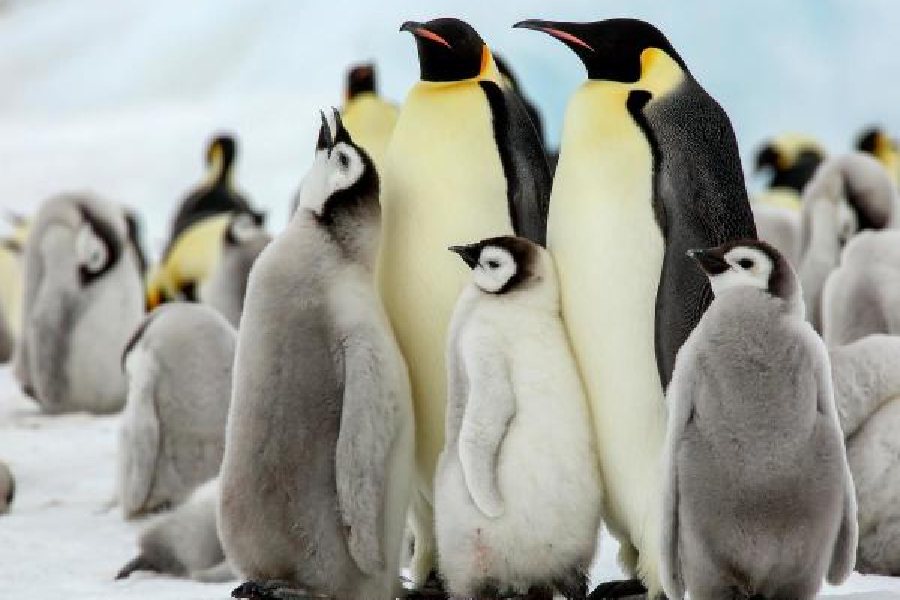Four out of five emperor penguin colonies in Antarctica’s Bellingshausen Sea region very likely lost their chicks late last year because of disappearing sea ice underneath their breeding grounds, according to a new study.
Parts of this coastal region had lost all of their sea ice by November, which was probably before penguin chicks had grown waterproof adult feathers and learned to swim. It’s the first time scientists have seen a widespread failure across multiple penguin colonies in a region, experts said.
“At the moment, we’re not sure if this is just a blip,” said Norman Ratcliffe, a seabird ecologist with the British Antarctic Survey. “But if this becomes a consistent phenomenon in the longer term, clearly it’s going to have repercussions for the species.”
Sea ice levels around Antarctica in 2023 are likely to reach record-low levels by a wide margin. This sudden drop has alarmed scientists and has some speculating that Antarctic sea ice is entering a new, unstable state.
“Events like this may become more common in the future,” Ratcliffe said, referring to the early loss of sea ice and penguins’ subsequent breeding failures.
The Bellingshausen Sea region of Antarctica is extremely remote, so the researchers observed the penguin colonies using satellite images to track their excrement, called guano, which leaves a distinct reddish-brown trace on the snow and ice. Emperor penguins depend on sea ice stuck to the edge of the continent as a habitat to lay eggs and raise their young until they can swim and fend for themselves.
After remaining stable and even increasing for many years despite climate change, Antarctic sea ice began to decline around 2016. The extent of sea ice around the continent hit a record low in 2022.











